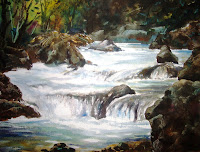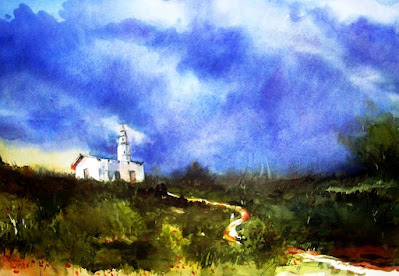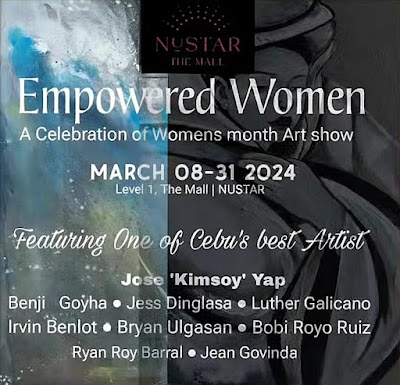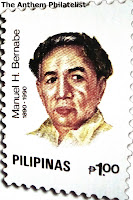Alexei Lvov and The Hymn of Imperial Russia
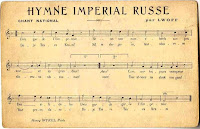
Prince Alexei Fyodorovich Lvov (June 5, 1799 in Tallinn–December 28, 1870 in Romainiai (now Kaunas) was a Russian composer. He composed the Imperial Russian national anthem Bozhe, tsarya khrani (also known as God Save the Tsar). He wrote the opera Undine in 1846. He was entombed in the Pažaislis Monastery, Kaunas (Lithuania).
Lvov was born into a family which was keenly interested in music. He was the son of Feodor Petrovich Lvov, who was Maestro of the Imperial Chapel in St Petersburg from 1826 to 1836 (having succeeded Bortnianskij).
Alexei Fyodorovich began violin lessons at a very young age and performed regularly in concerts given at his home: for instance, at 9 he was the soloist in a performance of a violin concerto by Viotti. Although he had a number of teachers in his youth, from the age of 19 onwards he began to study independently, seeking to develop his own personal style through careful attention to the works of such celebrated violinists as Corelli, Tartini, Viotti, Kreutzer and Rode. He nevertheless continued to study composition formally under the supervision of I. G. Miller (who was also one of the teachers of Glinka).
Outside the world of music, his general education had a technical emphasis. In 1818 he completed his studies at the Institute of Communications, and embarked on a career as a civil engineer in the Imperial Army, eventually attaining the rank of general. In 1828 he was appointed Aide-de-camp to Tsar Nicholas I.
Lvov formed a string quartet in St Petersburg, and organised weekly concerts at his private residence, which were attended by members of high society. At these concerts it was quite usual for there to be guest performances by distinguished musicians who were visiting the Russian capital; among these were Liszt, Robert and Clara Schumann, and Berlioz. His quartet undertook a number of tours in Europe, where Lvov was able to perform to public audiences (in his home country he was able to play only to private audiences owing to his elevated social rank). He also counted Mendelssohn, Meyerbeer and Spontini amongst his personal friends.
In 1837 Lvov succeeded his father as Maestro of the Imperial Chapel, remaining in the position until 1861. In 1850 he founded the Russian Concert Society, which was among the pioneers of symphonic concerts in Russia. In 1867, with the onset of deafness, he was obliged to withdraw from musical activity.
As a composer, Lvov’s style was eclectic. He combined the traditions of Russian musical culture with strong Italian and (especially) German influences. Lvov was married, and had a son and two daughters.
Above is a postcard of the Hymn of Imperial Russia composed by Lvov.



